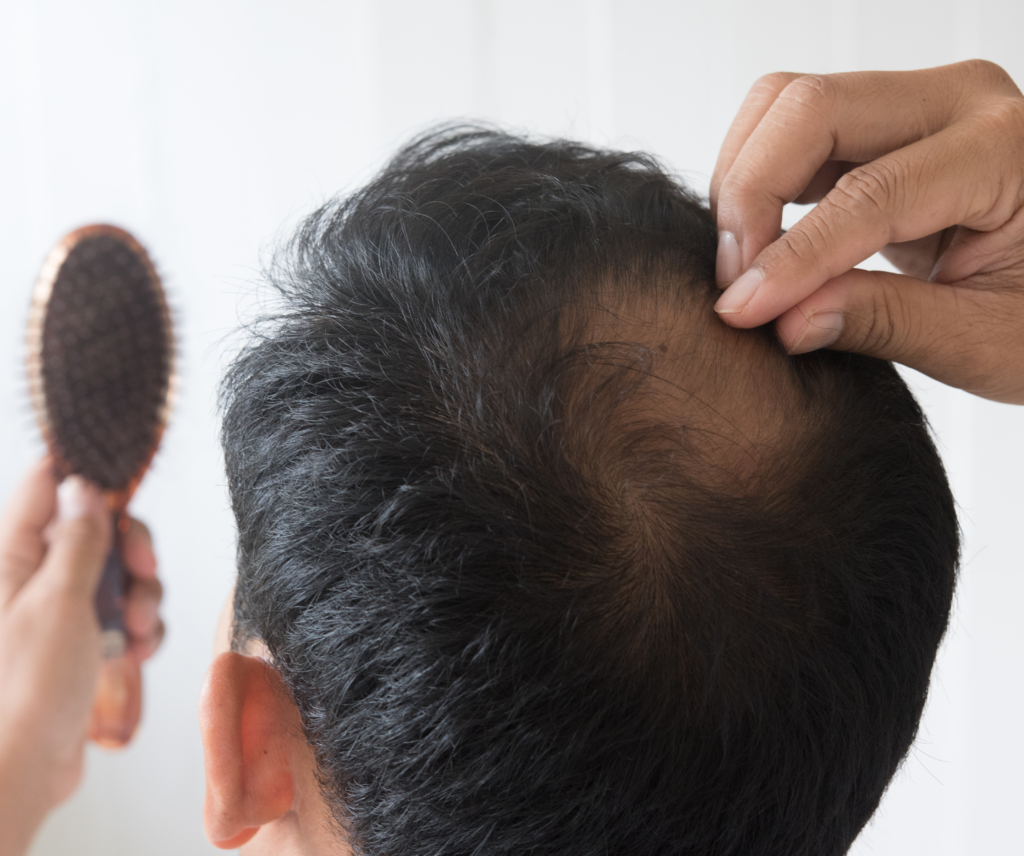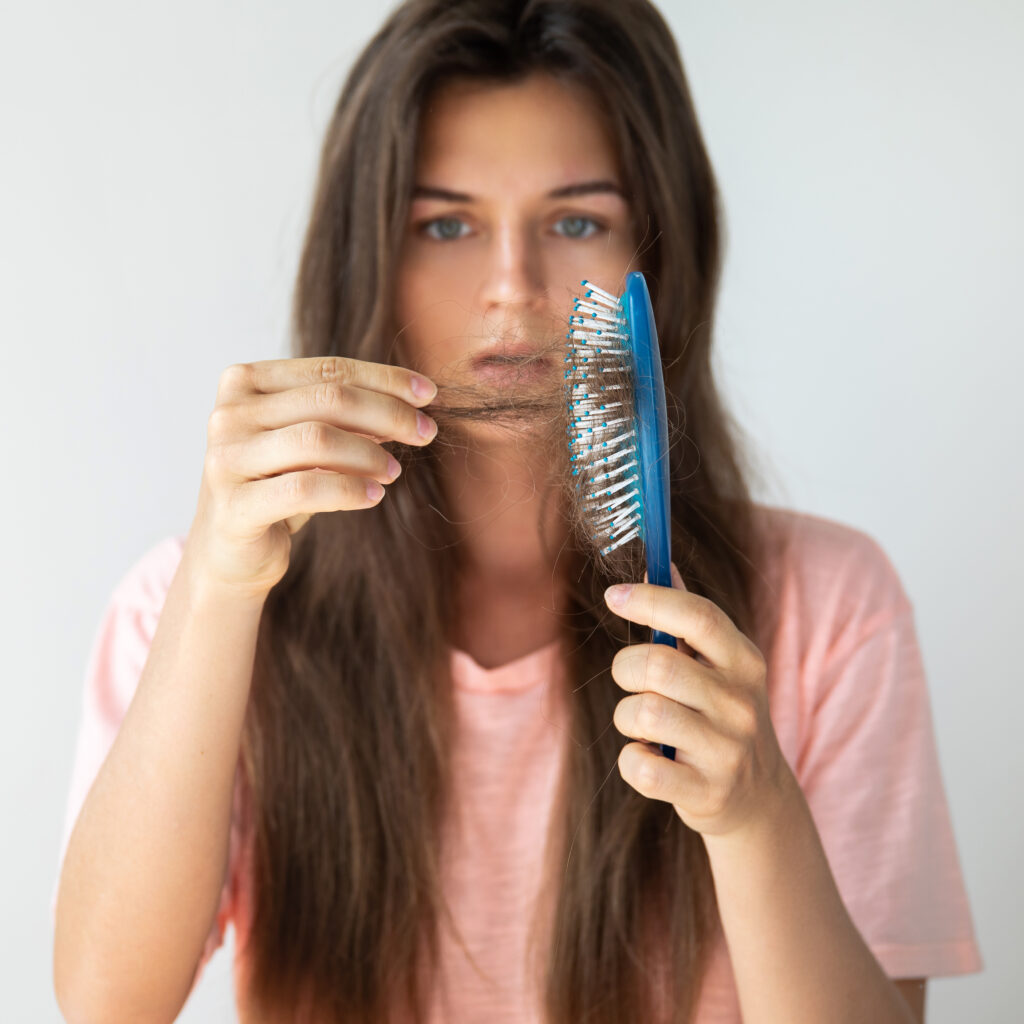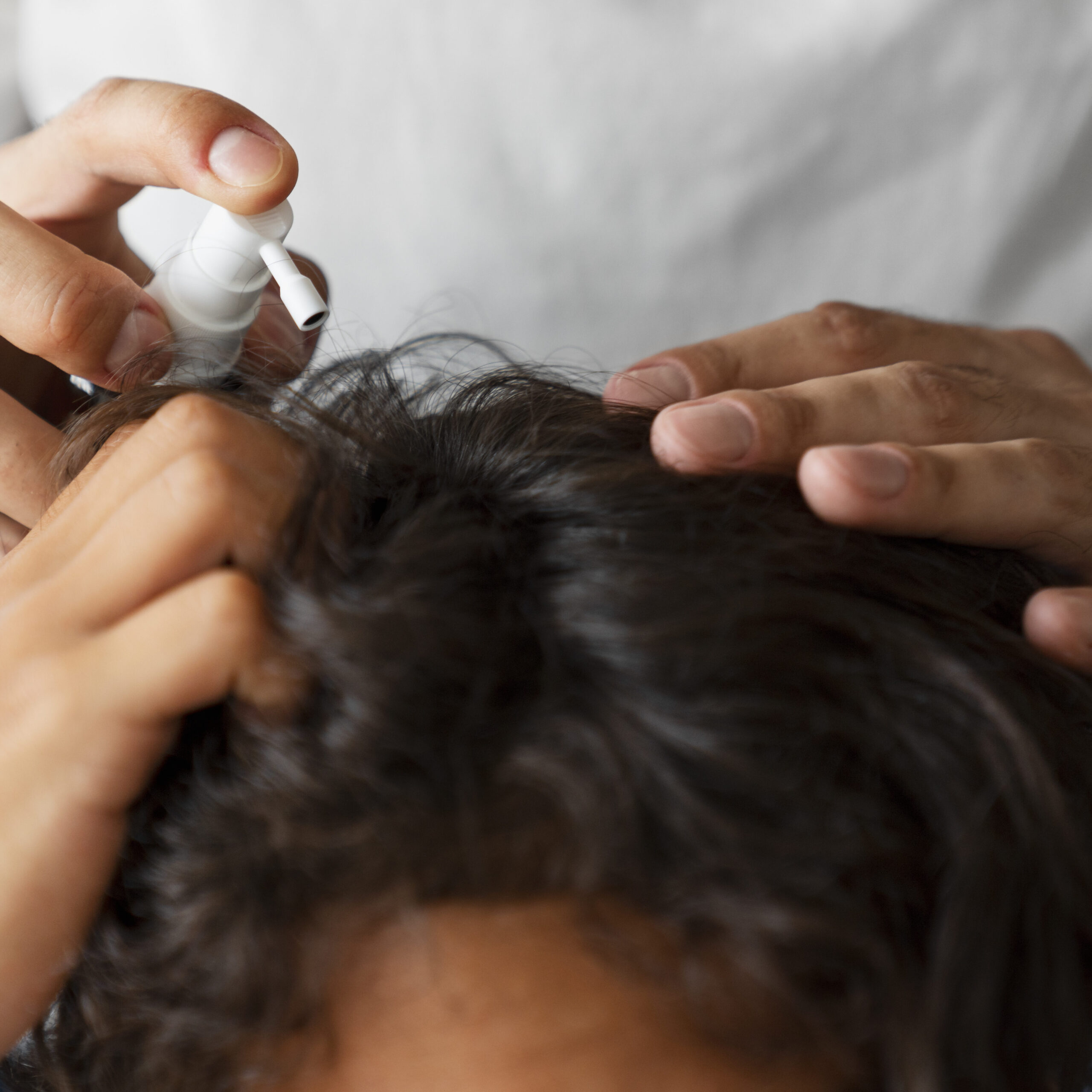Hair Loss
Hair loss is a prevalent concern affecting a growing number of Americans, causing not only physical changes but also impacting self-esteem. This blog delves into the causes of hair fall and explores various natural remedies, including natural options, hair transplants, and other effective hair regrowth treatments. By understanding the underlying factors and exploring available cures for baldness, we can take proactive steps to address this issue and restore our crowning glory.
Table of Contents


What Causes Hair Loss?
Various factors can affect loss of hair, including genetics, hormonal imbalances, poor nutrition, stress, and medical conditions. Understanding the causes helps in developing effective treatment plans tailored to individual needs. Common causes include:
Genetic Predisposition
Heredity plays a significant role in thinning of hair. If your family has a record of baldness, you are more likely to experience it yourself.
Hormonal Imbalances
Hormonal changes, such as those occurring during pregnancy, menopause, or thyroid disorders, can lead to temporary or permanent baldness.
Nutritional Deficiencies
A diet lacking essential nutrients, particularly vitamins, minerals, and proteins important for hair growth, can contribute to hair fall.
Stress and Emotional Factors
Stress at high levels might affect the hair cycle and cause excessive shedding. Emotional factors like trauma or grief may also act as causes of thinning hair.
Medical Conditions
Certain medical conditions, including alopecia areata, scalp infections, autoimmune disorders, and hormonal disorders like polycystic ovary syndrome (PCOS), can lead to lack of hair on scalp.
Natural Remedies for Hair Loss
In addition to seeking professional advice, incorporating a hair care routine can promote hair growth and scalp health. Here are some effective natural remedies to increase the volume of your hair:


Balanced Diet
Ensure your diet incorporates a variety of fruits, vegetables, nutrients, healthy fats, and lean proteins. Foods rich in vitamins (A, C, D, E), minerals (iron, zinc, selenium), and omega-3 fatty acids support hair growth.
Scalp Massage
Massaging your scalp stimulates blood flow and promotes hair growth. Use your fingers gently in a circular motion to massage your scalp regularly.
Essential Oils
Certain necessary oils, such as lavender, rosemary, and peppermint oil, have been found to stimulate hair growth. When massaging your scalp, combine these oils with carrier oil.
Aloe Vera
Applying aloe vera gel directly to the scalp can soothe inflammation, promote healing, and improve hair growth.
Stress Management
Implement techniques like meditation, yoga, or exercise to reduce stress levels, as stress can also be one of the major factors.
Hair Transplant: A permanent solution?

A hair transplant offers a surgical solution to restore hair. However, these techniques have significantly evolved, providing natural and long-lasting results. The process entails transplanting healthy hair follicles from a donor area to the bald spots.
Best Treatments to Cure Baldness
Apart from tips to prevent hair fall and hair transplantation, various non-surgical treatments are also available. These hair regrowth treatments aim to stimulate hair growth, improve scalp health, and prevent further losing of hair. Some best treatments include:
Topical Solutions
Over-the-counter or prescription topical solutions containing minoxidil (Rogaine) can promote hair growth and slow down baldness.
Laser Therapies
Red light is used in low-level laser treatment (LLLT) equipment such as laser combs and helmets to stimulate hair follicles and encourage growth.
Platelet-Rich Plasma (PRP) Treatment
PRP treatment involves injecting the patient’s concentrated platelets into the scalp, which contain growth factors that cure baldness.
Hair loss disease can profoundly impact an individual’s self-image and mental well-being. During this journey, seeking emotional support through counseling or joining support groups can provide valuable guidance and understanding.
By understanding the causes of baldness and exploring various remedies and hair regrowth treatment options, we can address this common concern effectively. Early detection, a healthy lifestyle, and being gentle with your hair are crucial steps in preventing hair fall. However, non-surgical treatments and hair transplantation can be considered if bald spots persists. Remember, seeking emotional support is equally important as it helps to cope with the psychological impact of baldness. Together, we can break the stigma surrounding hair loss, find effective solutions, and restore our confidence and unique beauty.
